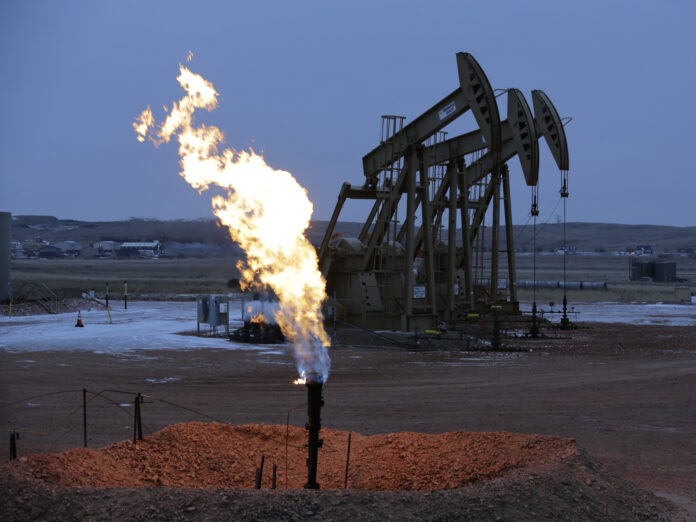KARACHI: Pakistan has uncovered substantial gas reserves, estimated at 351.2 billion cubic feet (BCF), in the Shewa fields of North Waziristan. This discovery is projected to have a lifespan of 17 years, with plans to channel 70 million cubic feet per day (mmcfd) from the Shewa-2 well into the national grid. This move is expected to boost the country’s daily gas production by over 3%, significantly cutting down the reliance on costly fuel imports and saving hundreds of thousands of dollars in foreign exchange.
According to the recently published 2024 Annual Report by Mari Petroleum, the exploration and production company is on track to deliver 70mmcfd of gas from Shewa-2 into the system through a newly constructed pipeline by Sui Northern Gas Pipeline Limited (SNGPL). Sunny Kumar, an analyst from Topline Research, mentioned that hydrotesting of the pipeline is currently underway.
The project, initially delayed due to security issues, saw the pipeline’s completion in August 2024. The gas injection into the grid will begin following the commissioning of the Early Production Facilities (EPF) and a subsequent ramp-up. Mari Petroleum’s report emphasized that this development will enhance the indigenous gas supply by over 3%, increasing production capacity and diversifying the company’s portfolio, leading to substantial revenue growth.
Kumar further detailed that as of June 2024, Shewa’s gas reserves stand at 351.2 BCF, with a production lifespan of approximately 14 years at a rate of 70mmcfd. Following this news, Mari Petroleum’s share price saw a 1.93% increase, closing at Rs3,510.73 per share on the Pakistan Stock Exchange (PSX) with a trading volume of 125,759 shares. Mari Petroleum holds a 55% working interest in the Waziristan Block, while the Oil and Gas Development Company (OGDC) and Orient Petroleum Inc (OPI) maintain 35% and 10% interests, respectively. The expected annualized impact on Mari Petroleum is estimated to be Rs60-65 per share (11-12% of annual earnings for FY25), while OGDC’s share is projected to see an increase of Rs1.2, based on oil and gas price assumptions of $80 per barrel and $5.9-6.0 per mmbtu (million British thermal units).
Further exploration and appraisal activities are planned in the Waziristan Block to fully exploit its hydrocarbon potential. Among these, the Spinwam-1 exploratory well, spudded on May 28, 2024, is anticipated to complete drilling by the third quarter of FY2024-25.
Recent figures indicate a reversal in Pakistan’s crude oil and gas reserves’ long-standing decline, with crude oil reserves increasing by 26% and gas reserves by 2% as of June 30, 2024. This turnaround has extended the life expectancy of the country’s oil and gas reserves to 10 and 17 years, respectively.
Mari Petroleum and OGDC have been pivotal in driving this growth, with Mari’s oil reserves doubling since December 2023, alongside significant gains in gas reserves. Revisions to the 2012 Petroleum Policy and the introduction of a new Tight Gas Policy are anticipated to further encourage exploration and development efforts, boosting operational efficiency and resource recovery.
As Pakistan navigates the complexities of energy production and reserve management, these positive developments provide a cautiously optimistic outlook for the energy sector, particularly for industry giants like OGDC and Mari Petroleum, as highlighted in the report.




